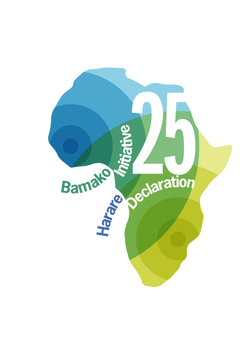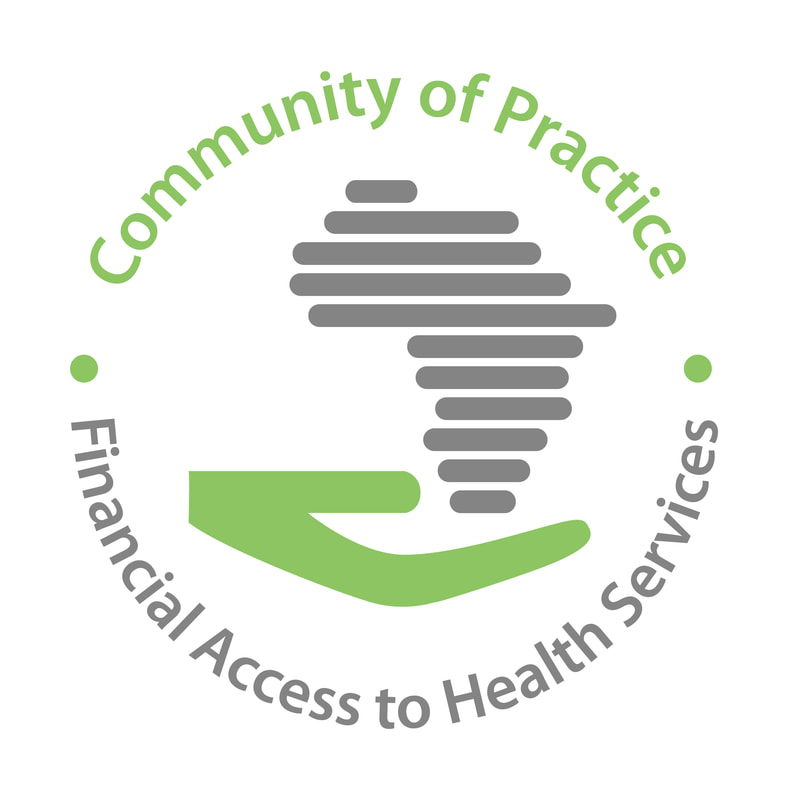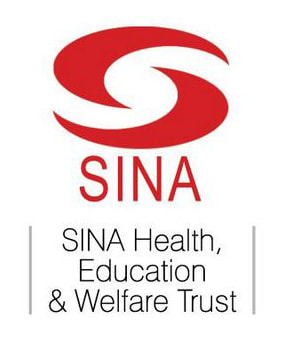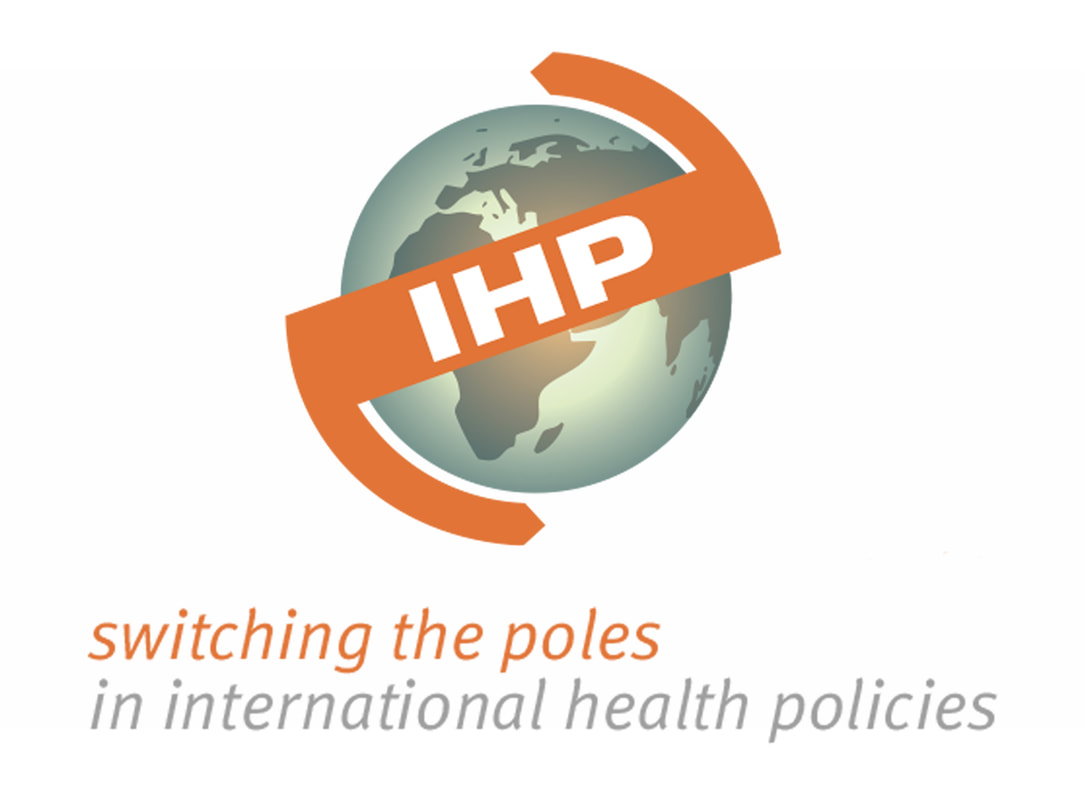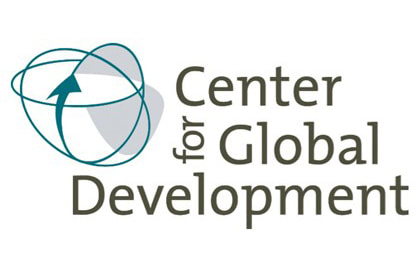We, as participants of the workshop on “Equity in UHC: How to reach the poorest”,
We as members of the communities of practice affiliated to “Harmonization for Health in Africa”,
We as experts involved in health systems in Africa,
Are conscious of the deep inequalities in terms of access to health care in our countries,
Are conscious of the impact of these inequalities on the health of the poorest,
Are conscious that access to health care for the poorest is dependent on our health systems,
Are conscious that assisting the indigents, the excluded, the poorest of the poor is inscribed in our shared human dignity.
We are enthusiastic about the growing interest of the African States and their partners in their efforts to improve universal health coverage.
We consider essential that this interest be translated as rapidly as possible into actions and concrete measures in order to benefit the poorest.
Consequently, we commit to taking action personally:
By supporting the implementation of strategies to improve access to health care for the poor.
By building on and accompanying the mechanisms to extend universal health coverage.
Finally, by continuing to focus all our energy on facilitating equitable access to health care in our countries.
Issued in Marrakesh, Morocco, September 27th 2012.
